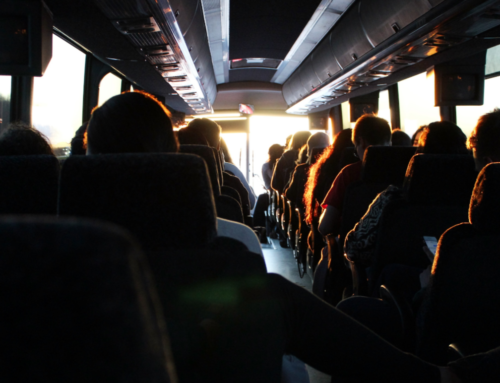The Enjoyment of the Bus Travel!
The enjoyment of bus travel versus rail travel is subjective and can vary from person to person. However, here are a few reasons why some people may find bus travel more fun or enjoyable compared to rail travel:
It’s important to note that these points may not apply to everyone, as personal preferences and travel goals can differ. Rail travel also has its own unique advantages, such as speed, comfort, and dedicated tracks. Ultimately, whether bus travel or rail travel is more fun depends on individual preferences, the specific journey, and the experiences and memories one seeks while traveling.
While rail travel has its advantages, it also comes with some drawbacks.
Here are 20 cons of rail travel:
It’s important to note that the specific cons of rail travel can vary depending on the region, train service, and personal preferences.







